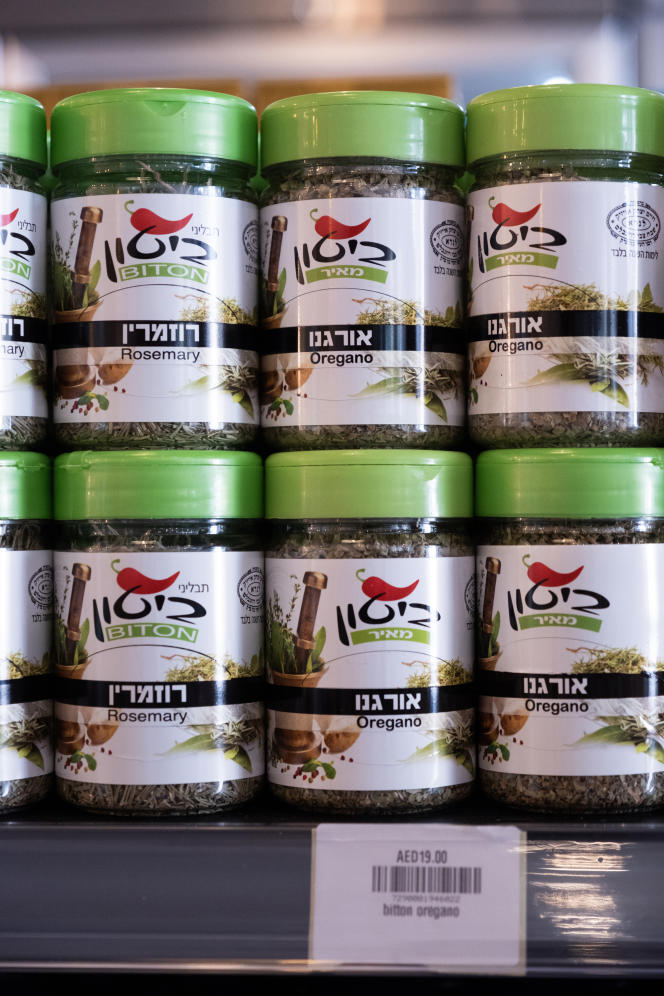In the duty free shelves of Dubai airport, bottles of wine from the Golan Heights are offered for sale under the label “Israeli product”. However, under international law, the Golan, although conquered by Israel in 1967, remains Syrian territory. Its annexation by the Jewish state in 1981, which has to date been recognized by only one country, the United States, was decreed ” void “ by the United Nations.
Under resolution 2334 of 2016, member countries of the UN are required to distinguish between Israel and the territories occupied in 1967. This principle, known as differentiation, involves excluding the Jewish colonies of the West Bank and the Golan from the benefit of any agreement signed with the Hebrew state. In France, for example, goods coming from these territories must display special labels, mentioning their precise origin. They cannot take advantage of the preferential rates reserved for products made in Israel.
The United Arab Emirates do not seem to want to bother with these rules of law. In December 2020, four months after the normalization of relations between the Gulf monarchy and the Jewish state, the president of the Dubai Chamber of Commerce, Hamad Buamim, declared that his country did not consider it necessary to make a distinction between the Israeli exports. A way of implying that the UAE would take no steps to differentiate items produced in Israel from those produced in Jewish settlements.
“The benefits of the current agreements and those to come are particularly important for the Palestinians”, claimed Hamad Buamim, convinced that this economic partnership will benefit the Palestinians who work in the settlements. Questioned by The world on this subject, the Emirati political scientist Ebtesam Al-Ketbi, director of the Emirates Policy Center, a think tank close to the Emirati government, believes that the Emirates are “mainly concerned about the quality of imported products. If they meet the standards, there is no problem [à leur importation] ».
“Implicit Recognition”
This position is reflected in the standardization agreements signed between the two countries. “Two of the three agreements, the one on investment protection and the one on double taxation, are remarkable in their language, because they deliberately include Israeli settlements”, observed Hugh Lovatt, in charge of the Israeli-Palestinian dossier at the European Council for International Relations (ECFR), a think tank. Israel is defined in these documents as “territory over which the State of Israel exercises its sovereignty, sovereign rights or jurisdiction in accordance with international law and the laws of the State of Israel”which, according to Hugh Lovatt, includes the occupied territories.
You have 31.89% of this article left to read. The following is for subscribers only.
